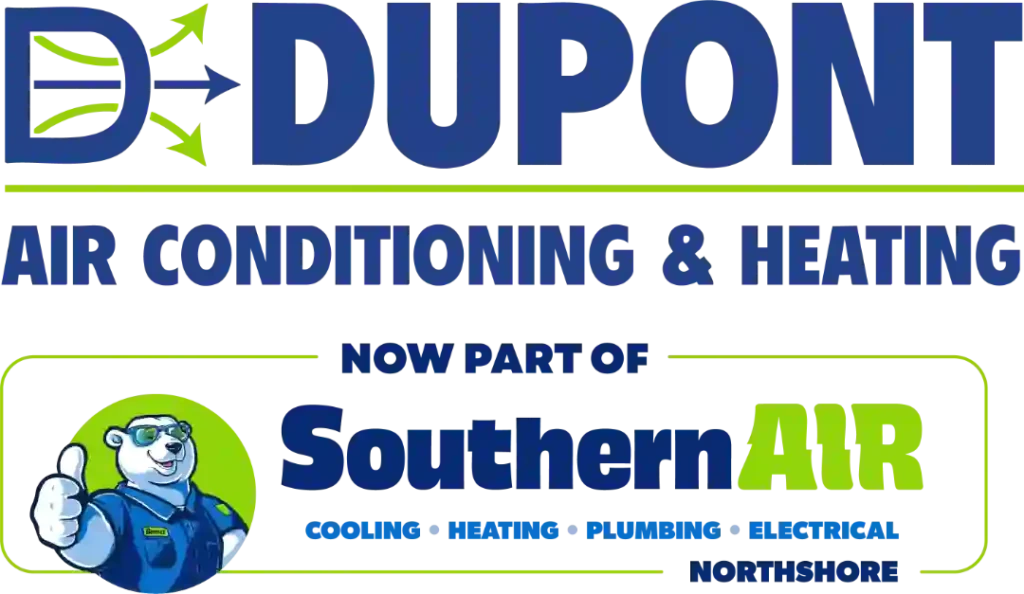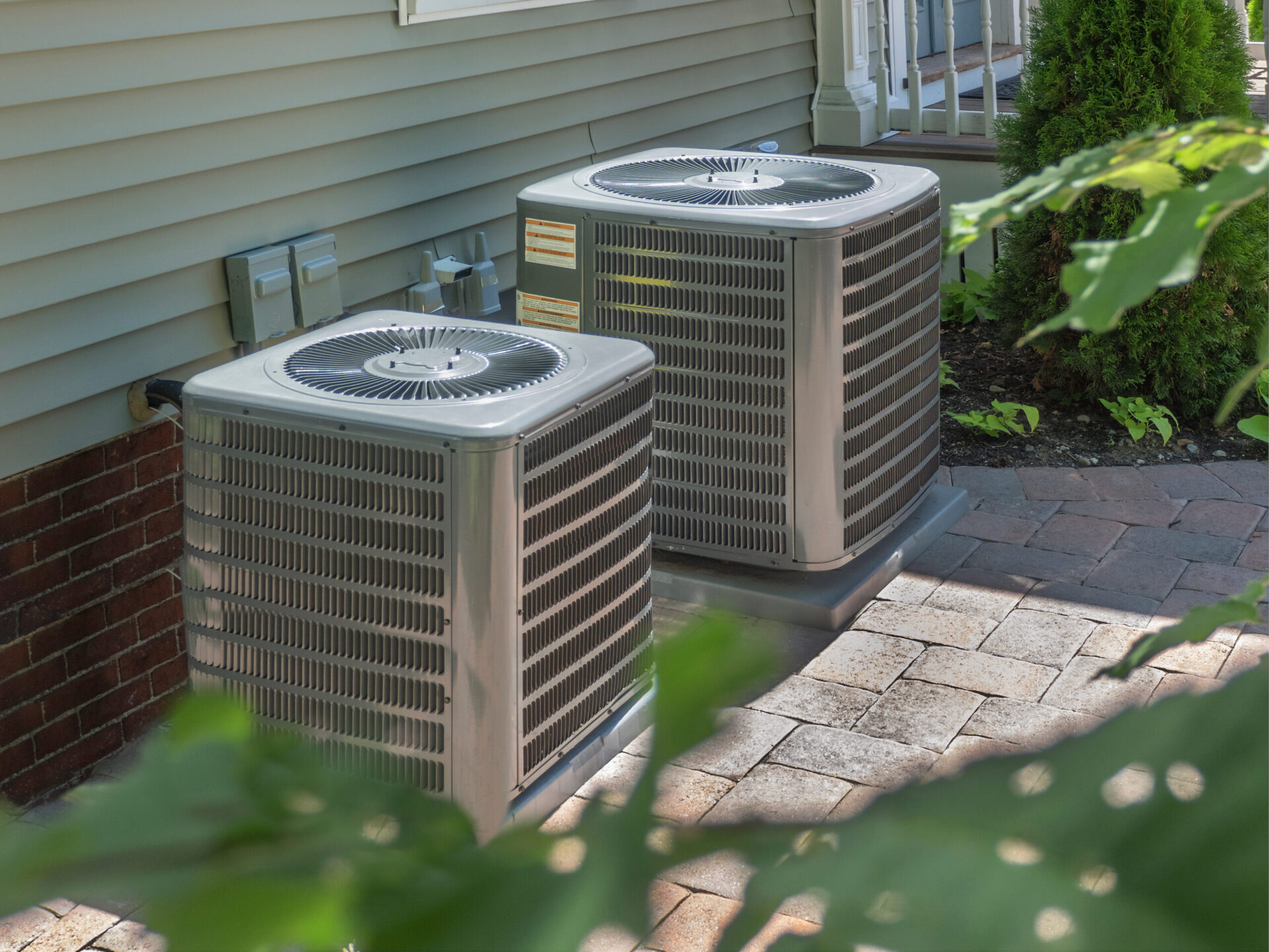Regular maintenance is crucial for keeping your HVAC system in peak condition, but knowing when to schedule a tune-up can make all the difference in its performance and longevity. Dupont Air, serving Mandeville and Covington, provides insights into the best times to schedule your HVAC tune-up.
1. Before the Start of Each Season
The best time to schedule an HVAC tune-up is before the start of the heating or cooling season. Ideally, you should have your system checked in the spring before you start using your air conditioner and again in the fall before you switch to heating. This proactive approach ensures your system is ready to handle the demands of the upcoming season.
Expert Tip: Regular seasonal tune-ups help prevent unexpected breakdowns and ensure your system operates efficiently throughout the year.
2. When Energy Bills Start to Rise
If you notice a sudden increase in your energy bills without a corresponding change in your usage, it may be time for a tune-up. A poorly maintained HVAC system works harder to maintain the desired temperature, leading to higher energy consumption and costs.
Expert Tip: Regular tune-ups improve energy efficiency, helping you save money on your utility bills.
3. After a Long Period of Inactivity
If your HVAC system has been idle for an extended period, such as during mild weather when heating and cooling are not needed, it’s a good idea to schedule a tune-up before you start using it again. Dust, dirt, and debris can accumulate in the system, leading to reduced efficiency and potential issues when it’s turned back on.
Expert Tip: A tune-up after inactivity ensures your system is clean, lubricated, and ready to perform at its best.
4. When You Notice Inconsistent Temperatures
Inconsistent temperatures throughout your home can indicate that your HVAC system is struggling to distribute air evenly. If some rooms are too hot while others are too cold, it’s time to schedule a tune-up to address the issue.
Expert Tip: A tune-up can help identify and fix problems with airflow, ensuring consistent comfort in every room of your home.
5. If You Hear Unusual Noises
Your HVAC system should operate quietly. If you start hearing unusual noises, such as banging, clanging, or squealing, it’s a sign that something is wrong. These sounds often indicate loose or worn-out components that need attention.
Expert Tip: Addressing unusual noises early with a tune-up can prevent more significant damage and costly repairs.
6. After a Significant Weather Event
Severe weather events, such as hurricanes, heavy storms, or extreme heatwaves, can put extra strain on your HVAC system. After such events, it’s wise to schedule a tune-up to ensure your system hasn’t sustained any damage and is still functioning properly.
Expert Tip: Regular checks after severe weather help maintain your system’s reliability and efficiency.
7. When Your System Is Old
If your HVAC system is more than 10-15 years old, it may require more frequent tune-ups to keep it running efficiently. Older systems are more prone to breakdowns and may not be as energy-efficient as newer models.
Expert Tip: While regular tune-ups can extend the life of an older system, consider planning for a replacement if your system is consistently needing repairs.
8. If You Can’t Remember the Last Tune-Up
If you can’t recall the last time your HVAC system was serviced, it’s definitely time for a tune-up. Regular maintenance is key to preventing issues before they become major problems.
Expert Tip: Keep a maintenance log to track when tune-ups and repairs are performed, helping you stay on top of your HVAC care.
Regular HVAC tune-ups are essential for maintaining efficiency, extending the lifespan of your system, and ensuring consistent comfort in your home. If you’ve noticed any of these signs, or if it’s been a while since your last service, it’s time to schedule a tune-up with Dupont Air. Contact us today at (985) 323-5244 to keep your HVAC system in top shape.



